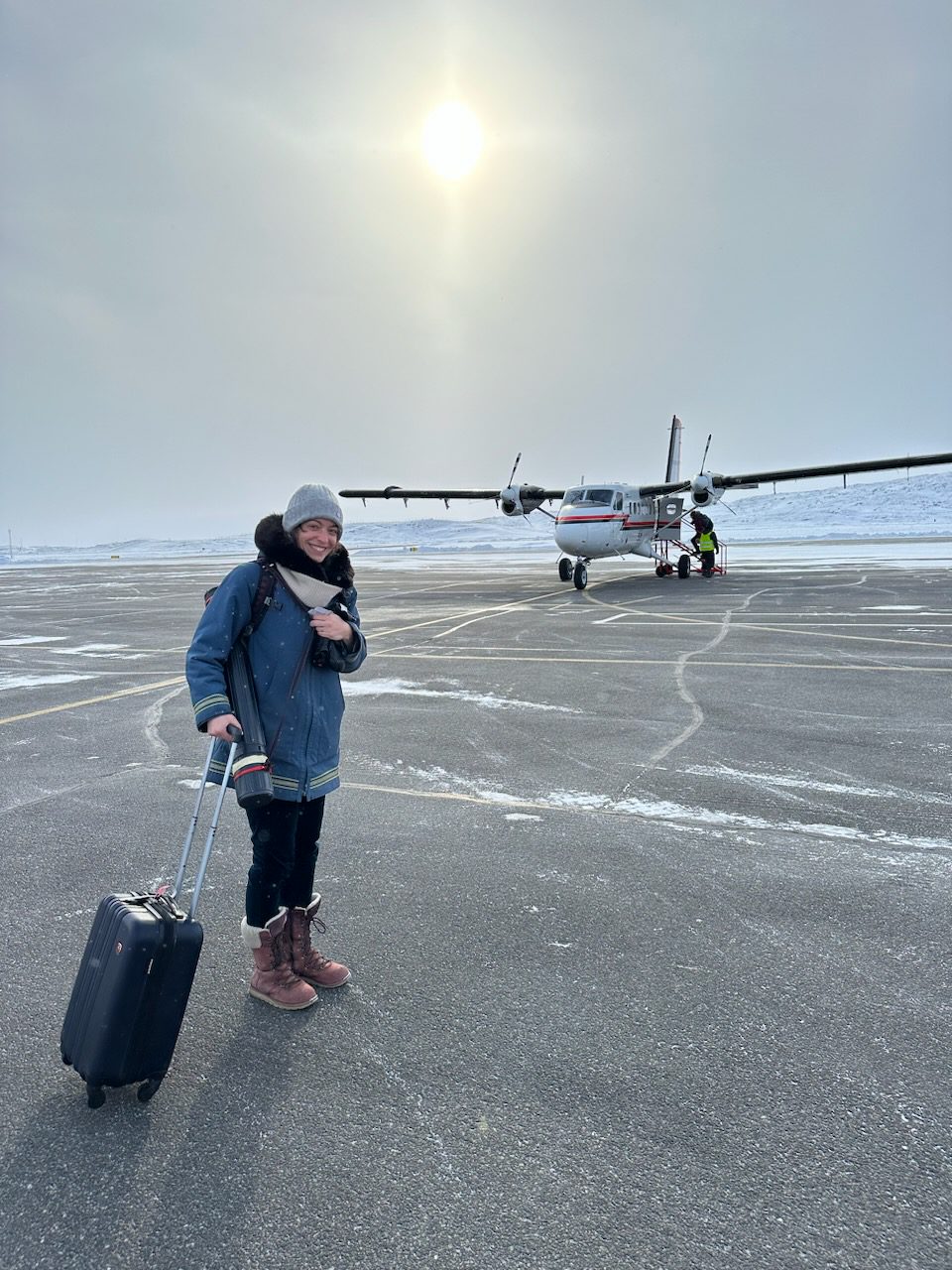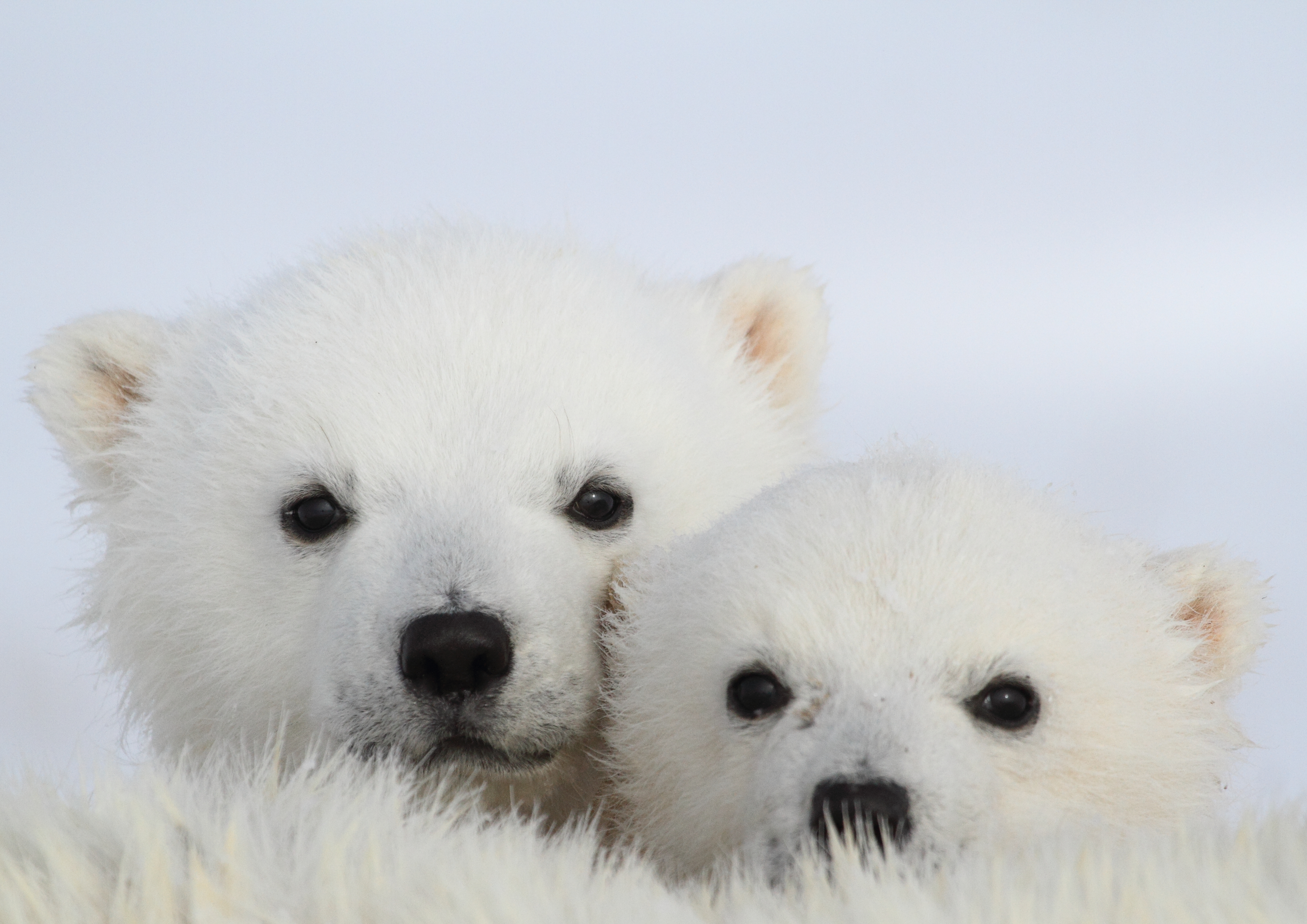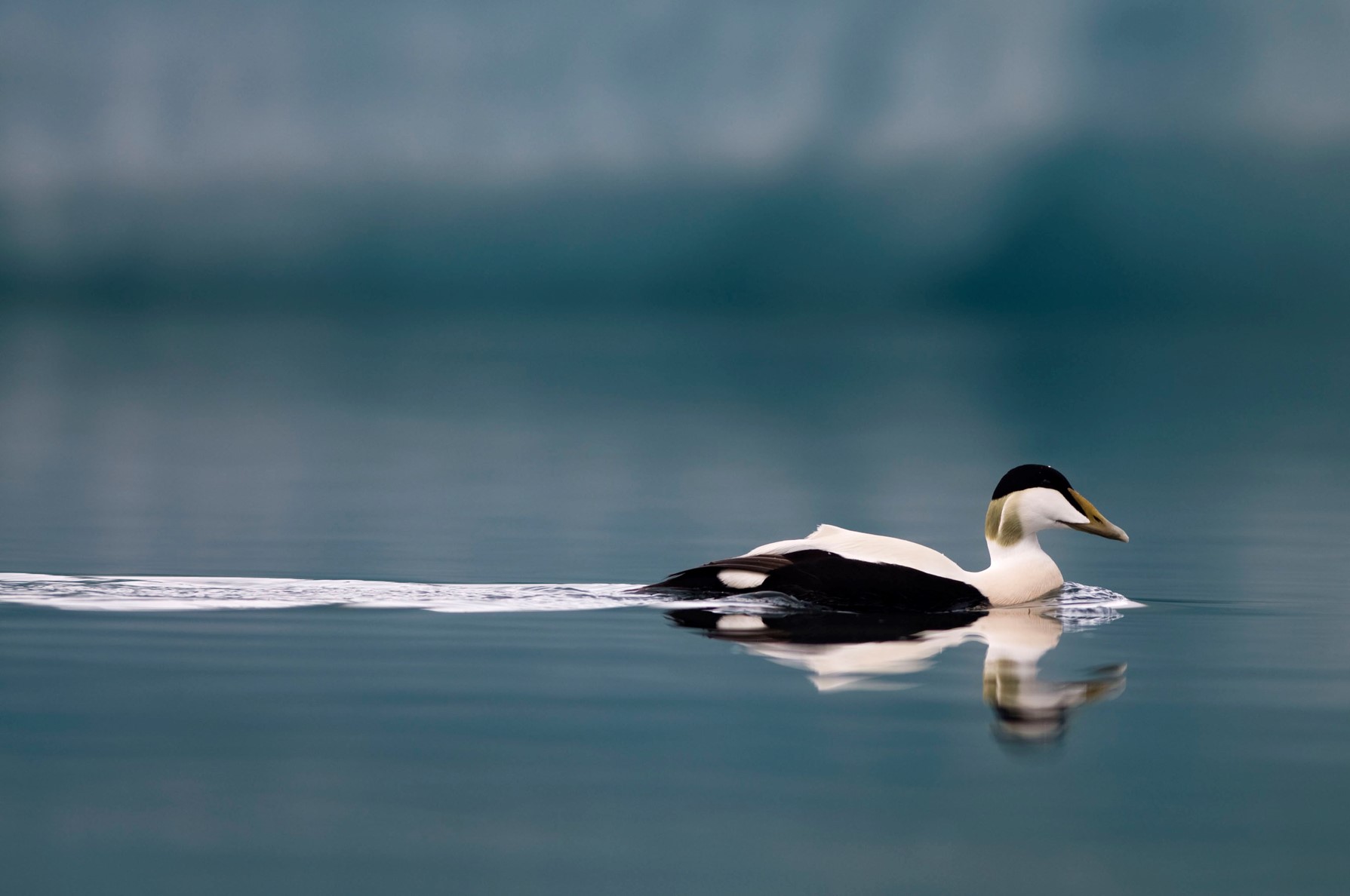Braiding Indigenous and western ways of knowing in wildlife conservation
Profile of Dominique Henri
Braiding Indigenous and western ways of knowing in wildlife conservation

Dr. Dominique Henri is a human geographer with the Wildlife Research Division at Environment and Climate Change Canada (ECCC). Her education in environmental sciences and creative writing has led her to a career where she strives to weave Indigenous ways of knowing into wildlife conservation efforts.
From environmental journalist to human geographer

Dominique’s academic path began at McGill University, studying anthropology and French literature and completing a master’s degree in creative writing. From there, she started working as a journalist. “This led me to write stories about scientists and people who had special relationships with nature, animals and places. I found myself really enjoying the exercise of listening to knowledgeable people and their stories.”
Curious to learn more about environmental sciences, she pursued a master’s in environmental change and management and a doctorate in geography at the University of Oxford as a Rhodes scholar. “As I pursued my studies at Oxford, I decided to engage in research projects that were taking place in Canada's North with Indigenous peoples. That’s how I first started working with ECCC biologists back in 2006,” says Dominique. She took on contract work for ECCC during her master’s and doctorate degrees and continued to collaborate with ECCC scientists while working as a consultant in the private sector.
Dominique officially joined the department in 2014 as a Wildlife Science and Traditional Knowledge Specialist within the Wildlife Research Division, conducting research and providing policy advice related to Indigenous engagement in research and monitoring activities. In 2021, Dominique became one of the first social scientists to hold the title of Research Scientist in the department.
Elevating Indigenous perspectives and knowledge

Currently, Dominique leads a program that aims to bridge Indigenous knowledge systems and environmental sciences, especially in the Arctic. “My work supports wildlife conservation and decision making for species like the polar bear,” says Dominique. “As Arctic sea ice declines due to climate warming, it is increasingly important to understand how people coexist with polar bears.” Her team recently completed a storywork research project exploring past, current and future visions of human-polar bear coexistence together with Indigenous knowledge holders from Churchill.
Indigenous peoples have coexisted with wildlife for millennia, gaining in-depth knowledge of where species are, their behavior, and how they react to environmental changes. Understanding this knowledge is important for protecting Canada’s marine ecosystems and wildlife, one of ECCC’s priorities under the Oceans Protection Plan, which is part of Canada’s approach to protect coasts and waterways for future generations.
Dominique and her team work with Indigenous organizations and communities at each phase of the research process, from defining priorities, to co-designing studies, jointly analyzing information and sharing results. In her own words, “Indigenous knowledge needs to be listened to through research so it can be present in decision-making spaces.” Her team facilitates conversations about the cultural, social, and economic value of culturally important species and ecosystems to ensure those perspectives are brought into research and decision making.
Braiding Indigenous and western ways of knowing in scientific research is a growing practice. Her team is collaborating with academic and federal partners on a literature review and working with Fisheries and Oceans Canada colleagues on their efforts to release a web portal that will highlight over 200 case studies that bridge multiple ways of knowing across Canada to help inform future efforts.

Dominique’s work supports Indigenous leadership in wildlife research and facilitates community-based and community-led projects. She is collaborating with the community of Kinngait in Inuit Nunangat to see how the changing climate is affecting seabirds and harvesters. Working with community partners, information is being collected through boat-based bird surveys and Inuit knowledge gathering - an approach that combines ecology and social sciences.
The next generation of scientists
As a research scientist, Dominique is now in a leadership role, overseeing projects and spending less time in the field. However, she has great confidence that her program’s fieldwork is being completed with integrity thanks to having students as part of her team. “I find students are in tune with the most state-of-the-art research methods, so I learn a lot from them, and they can learn from me. I always think when we stay in touch after their master’s or PhD projects it’s a sign that the collaboration was meaningful.”
Dominique believes that the next generation of social scientists will bring creativity and pragmatism to their research. “Working respectfully with Indigenous partners and research leaders is deeply ingrained in who they are, there is no need to convince students of the value of these partnerships. They're interested in making them work.”
Things have come full circle for Dominique as she now provides mentorship to students and shares with them the opportunity to work within government on wildlife conservation research that is directly connected to decision making.